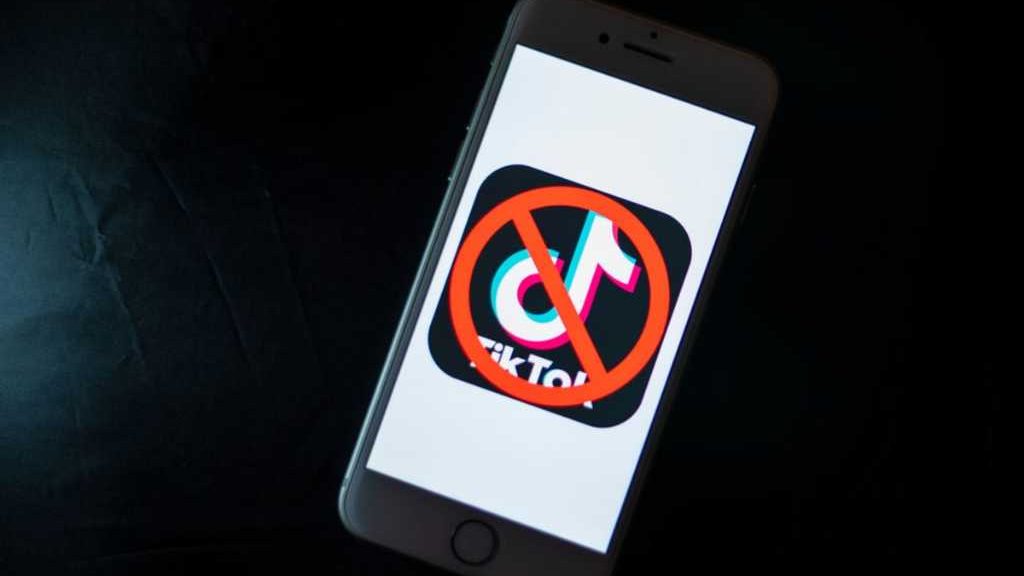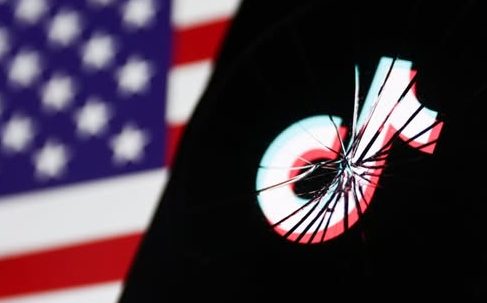On Friday, a U.S. federal appeals court upheld a law requiring ByteDance, the China-based parent company of TikTok, to divest the app’s U.S. operations by January 19, 2025, or face a nationwide ban.
This decision marked a significant victory for the Justice Department and opponents of the app while dealing a severe setback to ByteDance.
The ruling increases the likelihood of an unprecedented ban on TikTok, an app used by 170 million Americans.

ByteDance is expected to appeal the decision to the Supreme Court or request a review by the full appeals court panel.
Critics quickly condemned the decision. Free speech advocates, including the American Civil Liberties Union (ACLU), argued it sets a dangerous precedent.
Patrick Toomey of the ACLU stated, “Banning TikTok blatantly violates the First Amendment rights of millions of Americans who use this app to express themselves.”
National security
However, the appeals court emphasized that the law resulted from bipartisan efforts to address national security risks.
It argued that TikTok’s Chinese ownership could pose threats by granting Beijing access to vast amounts of U.S. user data or enabling covert manipulation of information.
Judges Sri Srinivasan, Neomi Rao, and Douglas Ginsburg reviewed the case. They affirmed that ByteDance must divest TikTok’s U.S. assets by the deadline. Otherwise, the app could be removed from app stores and lose internet hosting support.
While TikTok and ByteDance continue to argue the law violates constitutional rights, the court maintained that Congress acted within its authority to protect national security.
With time running out, the decision leaves TikTok’s future uncertain. Unless President Biden grants a 90-day extension, ByteDance faces immense pressure to finalize a divestiture deal.
Meanwhile, the app’s millions of American users may soon need to find alternative platforms for communication and creativity.
Read also Tragic Fire Claims Lives of Three Children in Kericho County
This ruling also reinforces the government’s power to address foreign ownership concerns involving data security, potentially setting the stage for similar actions against other apps.












